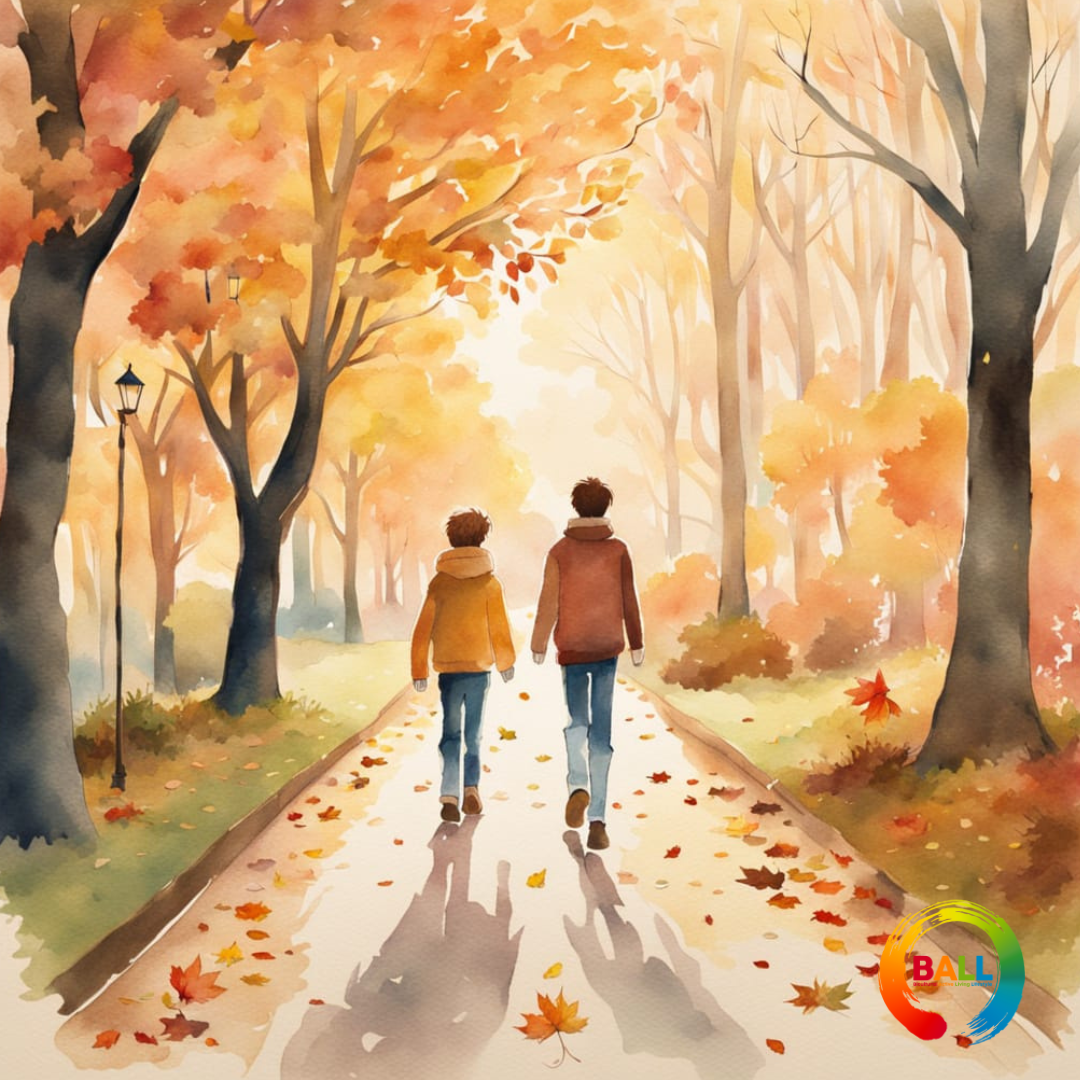Friendship breakups are more common than many realize—research shows that up to 70% of close friendships dissolve after seven years, and a 2023 YouGov poll found that over two-thirds of Americans have ended a friendship in their lifetime. Yet despite being so common, the end of a close friendship is often overlooked or minimized compared to romantic breakups. Neuroscience shows that this kind of loss is far from trivial: the brain perceives it as a threat, activating the amygdala—the region responsible for processing fear and emotional responses—and triggering a flood of stress hormones. This chemical response can dysregulate neurotransmitters such as serotonin, dopamine, and norepinephrine, which play vital roles in mood, pleasure, and stress regulation. As a result, people may experience mood swings, anxiety, difficulty sleeping, and even symptoms of depression. Psychologists also point out that losing a close friend often causes ambiguous grief, the unique pain of mourning someone who is still alive but no longer present in your daily life. Without closure, the emotional brain tends to dominate the rational brain, leaving individuals more vulnerable to painful reminders, feelings of rejection, and even fear of forming new connections. In this way, friendship loss affects not only emotional health but also long-term mental well-being, underscoring why it deserves the same recognition and care as other major life losses.
Key Facts:
- The amygdala, the brain’s emotional alarm system, activates during friendship loss, interpreting it as a threat.
- Stress-related neurotransmitters like serotonin, dopamine, and norepinephrine may become dysregulated, leading to anxiety, mood swings, or loss of pleasure.
- Emotional memories often overpower rational thinking, causing sleep disturbances, depression, and heightened anxiety.
- Many experience ambiguous grief—mourning someone still alive but no longer present in their life.
- Friendship loss can trigger feelings of rejection, fear of new connections, and even self-isolation.
Although losing a close friend is painful, it’s important to recognize it as a real and valid form of grief. By allowing yourself to mourn, reflecting on what you value in friendships, and intentionally building new support systems, you can not only heal but also cultivate healthier, more fulfilling relationships moving forward.





